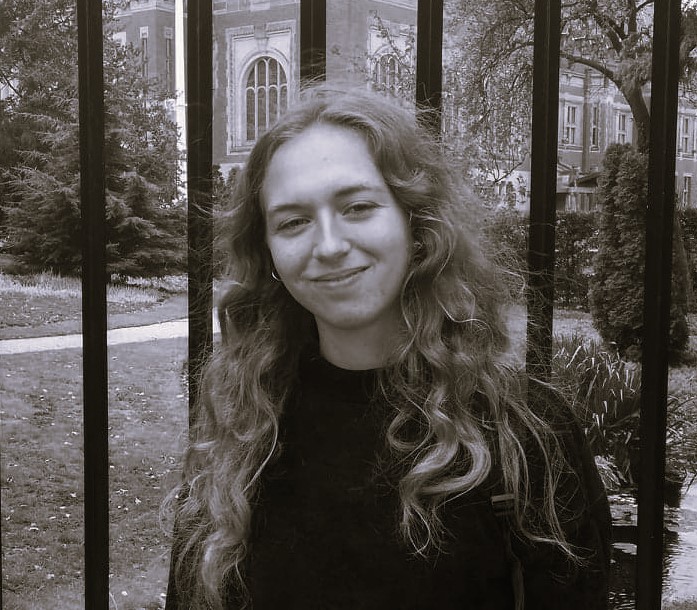Dans la même rubrique
 |
Doctorante en cotutelle ULB-VUB GERME
Adresse courrier: ULB • Institut de Sociologie - CP 124, Avenue F.D. Roosevelt 50, B-1050 BruxellesAdresse visiteurs: ULB • Campus du Solbosch, Bâtiment S, 14e étage, Av. Jeanne 44, 1050 Bruxelles |
Bio
Hannah Weytjens is a PhD candidate in sociology associated with KU Leuven and ULB. She is currently working on her FWO project The everyday practice of diversity in the capital of Europe – social sorting and cultural scenes in mixed Brussels neighborhoods Matonge and Molenbeek. She has a MA in sociology from KU Leuven. Her main areas of interest are related to diversity, culture and the city; hence how people live together in all their difference. In het current project, she uses qualitative methods, namely walking interviews and ethnographic observation.
CV
Présentation des recherches
Titre provisoire de la thèse :
The everyday practice of diversity in the capital of Europe - social sorting and cultural scenes inmixed Brussels neighborhoods Matonge and Molenbeek
Promotrice : Laurie HANQUINET
Co-promotrice: KUIPERS Giselinde (KU Leuven)
Domaines d'intérêts
- Cultural Sociology
- Urban Sociology
- Culture & Inequality
- Social stratification and lifestyles
Travaux sélectionnés
- Jacobs, A., Anthoni, E., Busseniers, E., Claes, S., Huybrechts, L., Van Leemput, M., Vrancken, K., Carriera, L., Colson, N., Dorn, C., Hostetler, A., Janssens, A., R. J. Sánchez, L., Kabendela, G., Kose, A., Luo, D., Majogoro, M., Stepanovic, J., Swillen, A., Vrebos, H., Wan, X., Weytjens, H., Zygmunt, M., Devleminck, S., Hannes, K. (2024). Co-Designing Multispecies Speculations Through Biofuturing. Qualitative Inquiry. doi: 10.1177/10778004241231919
- Kuipers, G., Weytjens, H. (2022). De aantrekkingskracht van diverse buurten: sociale sortering en culturele repertoires in de scene(s) van de Brusselse wijken Matonge en Molenbeek. Tijdschrift Sociologie, 3, 329-367. doi: 10.38139/TS.2022.28
- Weytjens, H. (2022). A Novice’s Response Letter to AAVI: Staring at an Image. International Review of Qualitative Research, 15 (2), 303-306. doi: 10.1177/19408447221108068
